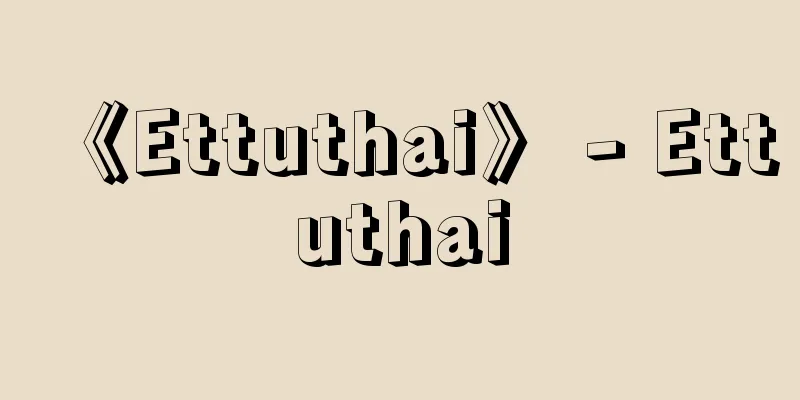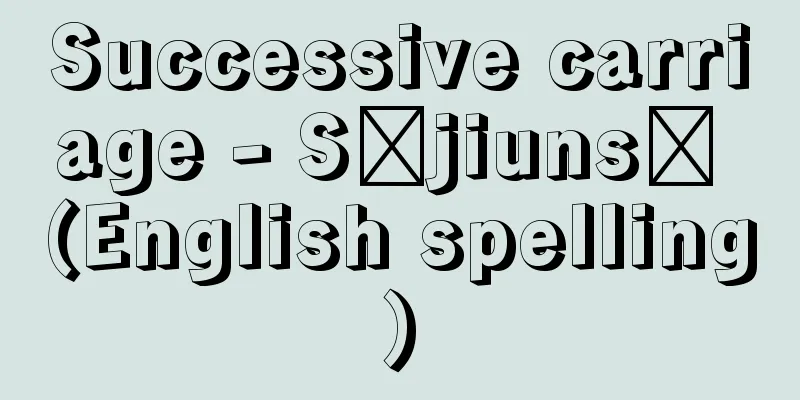Substitute execution - Daitaishikkou

|
A method of forced execution when the debtor does not voluntarily perform his/her debt, by having the creditor or a third party realize the performance and collecting the expenses from the debtor. This method can be used when another person is obligated to realize the performance on behalf of the debtor (alternative performance obligation). For example, in the case of an alternative action obligation such as the obligation to demolish a building or publish an apology advertisement in a newspaper, the creditor or a third party performs the action and makes the debtor pay the cost of the action, and in the case of the removal of a building constructed in violation of the obligation not to build a building (obligation to not act), the debtor is made to pay the removal cost. Substitute execution is under the exclusive jurisdiction of the court of first instance (Civil Execution Act, Article 171, Paragraph 2), and the court will make a decision to authorize the creditor to have a third party perform the action (Civil Execution Act, Article 171, Paragraph 1, Civil Code, Article 414, Paragraph 2), but a hearing of the debtor is required to make this authorization decision (Civil Execution Act, Article 171, Paragraph 3). In addition, when making a decision to authorize, the court may, upon application, order the debtor to pay necessary expenses in advance (to the creditor) (Article 171, Paragraph 4 of the same law). In cases where substitute execution is possible, and upon application by the creditor, indirect enforcement will be used (Article 173, Paragraph 1 of the same law). [Yoshinobu Homma] [Reference] | | |Source: Shogakukan Encyclopedia Nipponica About Encyclopedia Nipponica Information | Legend |
|
債務者が任意にその債務を履行しないときに、債権者または第三者に給付内容を実現させ、これに要する費用を債務者から取り立てるという方法で行われる強制執行の一方法。他の者が債務者にかわって給付内容を実現させうるような義務(代替的給付義務)の場合に、この方法によりうる。たとえば、建物収去や新聞紙上への謝罪広告の義務のような代替的作為債務の執行の場合には、債権者または第三者が作為をし、その作為の費用を債務者に負担させ、建物を建築しない義務(不作為債務)に違反して建築された建物の除去については、その除去費用を債務者に負担させる、という方法で行われる。代替執行は第一審の受訴裁判所等の専属管轄で(民事執行法171条2項)、裁判所は行為を第三者に行わせることを債権者に授権する決定をする(同法171条1項、民法414条2項)が、この授権決定をするには債務者の審尋が必要である(民事執行法171条3項)。また、裁判所は、授権決定をするに際して、申立てにより、債務者に必要費用のあらかじめの支払い(債権者への)を命ずることができる(同法171条4項)。代替執行により得る場合に、債権者の申立てがあるときは、間接強制の方法により行う(同法173条1項)。 [本間義信] [参照項目] | | |出典 小学館 日本大百科全書(ニッポニカ)日本大百科全書(ニッポニカ)について 情報 | 凡例 |
>>: Substitute goods - roughly
Recommend
Element of oxygen family
...A general term for the five elements in group ...
Microcoryphia
...A general term for insects belonging to the or...
Oyanagi
…Although it was often simply called “Yanagi,” th...
Yezosukashi lily - Yezosukashi lily
...The Iwato-yuri L. maculatum Thunb. (illustrati...
Naoomi Tamura
1858-1934 A pastor from the Meiji period to the e...
Gardenia jasminoides Ellis f.ovalifolia (Nakai) Hara
An evergreen shrub of the Rubiaceae family. A doub...
tuba auditiva (English)
...a tube between the tympanic cavity of the midd...
Kinoe [town] - Kinoe
An old town in the southeast of Osakikamijima, Toy...
Yoshisuke Matsunaga
[raw]? [Died] Enkyo 1 (1744) A Japanese mathematic...
Viola obakis - Viola obakis
A perennial plant of the family Violaceae (APG cl...
Wang's study
〘Noun〙 The school of Wang Yangming in the Ming Dyn...
Coprinus comatus
…[Rokuya Imaseki]. . … *Some of the terminology t...
Ballarat - Ballarat (English spelling)
A city located in central Victoria, Australia, 11...
Norm (English spelling)
In the broadest sense, a standard is one that com...
Angrekum
There are about 200 species of evergreen epiphytic...









